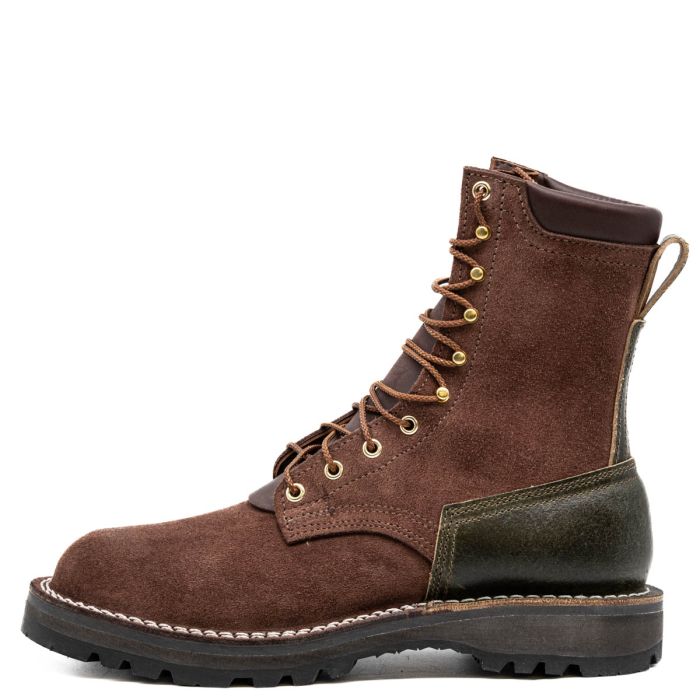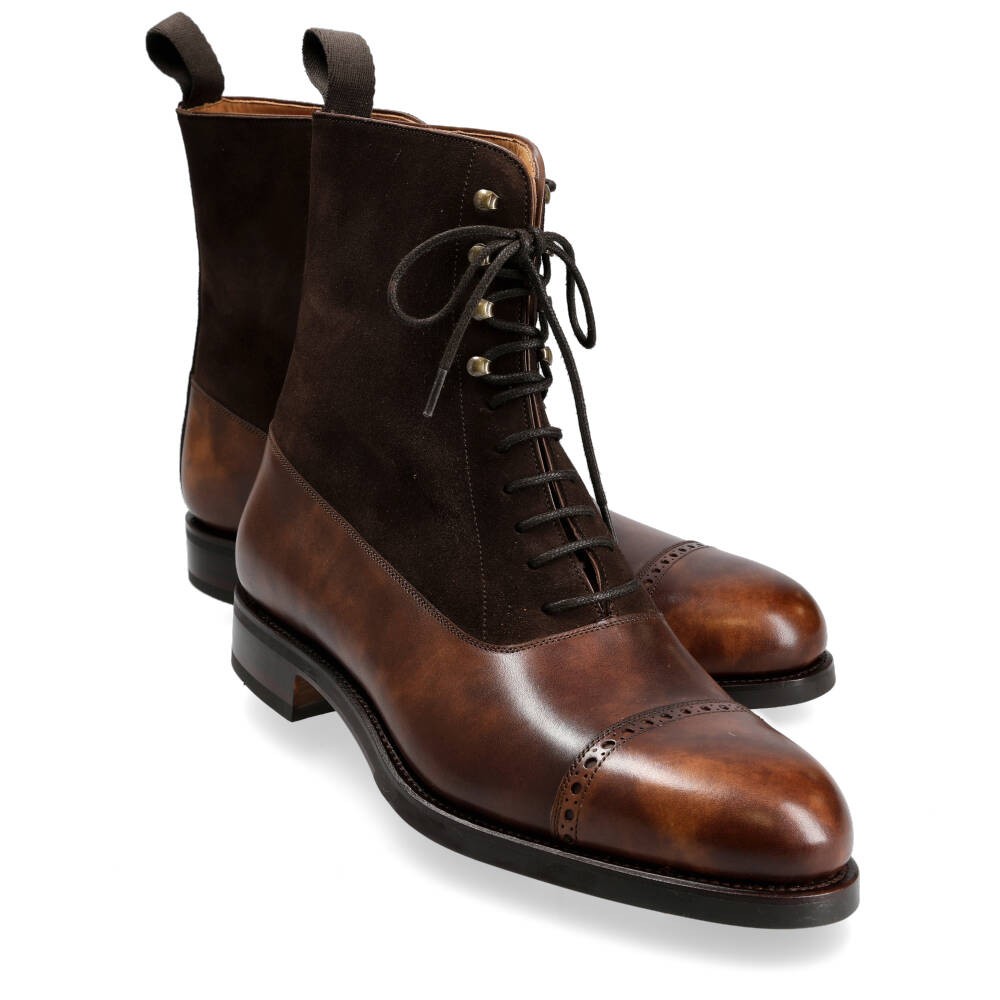- Joined
- Sep 6, 2006
- Messages
- 14,336
- Reaction score
- 4,779
Korea is like Japan 20-30 years ago, in more ways than it is not. 'Speed Tribes' by Karl Taro Greenberg is a good book that works as a good snapshot of this certain period in Tokyo, circa 1989, and the bulk of Murakami's works are about Tokyo in the late '70's, and all of the '80's - that time period in Japan is really interesting to me because I see it on the daily in Korea, present day, especially that post-bubble 1988-1989 Tokyo that is much like Seoul now.
To be honest, I don't even know how people who live in stagnant societies like America, Europe, etc get much from Murakami, because while he is a good storyteller, to me, his books are filled out with nostalgia and attitudes from that time period - which is why he gets to sell so many books in Japan obviously, but it's all the little details he pines about that give his stories life. The ennui of living in a post-bubble society that the narrator doesn't even seem to participate in at beyond the lowest level of survival, the ephemeral nature of these Asian supercities, the women and the chasing of interests, the key real-life places and events that Murakami anchors his stories with, those are all very realistic pictures he paints.
Murakami has all these details, like finding happiness and a modicum of success in owning a jazz bar in Aoyama, or in other stories, being a student living at a dorm, or being a twenty-something working grinding, average jobs, driving a little 320i that he loves around the busy part of Tokyo, dropping into the BMW showroom in Aoyama-itchome to look at the 'new' (1986?) BMW M5, eating at Shakey's Pizza in Omotesando, the revolving friends and acquaintances, the mystery of the upper class, getting a recipe book on pasta and cooking lots of aglio e olio, shopping for vegetables at Kinokuniya (the original one on Aoyama-dori, before they moved a little further down the street around 6 years ago) going out to Mitaka, wasting time at the pond at Inokashira park, the callgirls and the hookers, all of that. That is just like life in Seoul now, I have an analog to all of those, pretty much. Seoul is not glamorous, nor was Tokyo in the 1980's, it was getting pretty but still rough around the edges. Anyway, it resembles a lot of my life in Korea now and of the past 8 years I've lived here.
Just hung out with my 'old money' Korean friend who I went to middle and high school with, we have been friends since middle school and we have gone our own ways in life, he came back for a visit to Korea last week and we hung out a few times, and he'd invite his other Korean friends along and we would drink together, and I was getting all these signs that we really are living in Tokyo circa 1989 right now, even though I realize it day-in, day-out. We hung out and drank expensive wine (because that's all they got here) with a pair of sisters who were mostly interested in traveling and looking cute and living off their dad's money, we hung out at this other bar and his cousin and a friend came in and they sat their $400 wallets and their car keys down on the bar, they both have $300,000 AMG's, we drank a lot of scotch, the female cousin paid the $500 bill and bounced, and then my friend and AMG SL63 guy were gonna go get some expensive hookers at the end of the night and I opted out to come home and cook aglio olio and hang out with my dog, and my Japanese girlfriend who has a habit of disappearing. It's all really Murakami. I don't know.
Fashion thoughts on all of that: fashion and clothes aren't talked about in Murakami's books much because that was the reserve of only those really interested in it, it's much like here now, but that isn't to say that people were unstylish or didn't care about clothes - they did very much, I think. it's not talked about, but it can be assumed.
To be honest, I don't even know how people who live in stagnant societies like America, Europe, etc get much from Murakami, because while he is a good storyteller, to me, his books are filled out with nostalgia and attitudes from that time period - which is why he gets to sell so many books in Japan obviously, but it's all the little details he pines about that give his stories life. The ennui of living in a post-bubble society that the narrator doesn't even seem to participate in at beyond the lowest level of survival, the ephemeral nature of these Asian supercities, the women and the chasing of interests, the key real-life places and events that Murakami anchors his stories with, those are all very realistic pictures he paints.
Murakami has all these details, like finding happiness and a modicum of success in owning a jazz bar in Aoyama, or in other stories, being a student living at a dorm, or being a twenty-something working grinding, average jobs, driving a little 320i that he loves around the busy part of Tokyo, dropping into the BMW showroom in Aoyama-itchome to look at the 'new' (1986?) BMW M5, eating at Shakey's Pizza in Omotesando, the revolving friends and acquaintances, the mystery of the upper class, getting a recipe book on pasta and cooking lots of aglio e olio, shopping for vegetables at Kinokuniya (the original one on Aoyama-dori, before they moved a little further down the street around 6 years ago) going out to Mitaka, wasting time at the pond at Inokashira park, the callgirls and the hookers, all of that. That is just like life in Seoul now, I have an analog to all of those, pretty much. Seoul is not glamorous, nor was Tokyo in the 1980's, it was getting pretty but still rough around the edges. Anyway, it resembles a lot of my life in Korea now and of the past 8 years I've lived here.
Just hung out with my 'old money' Korean friend who I went to middle and high school with, we have been friends since middle school and we have gone our own ways in life, he came back for a visit to Korea last week and we hung out a few times, and he'd invite his other Korean friends along and we would drink together, and I was getting all these signs that we really are living in Tokyo circa 1989 right now, even though I realize it day-in, day-out. We hung out and drank expensive wine (because that's all they got here) with a pair of sisters who were mostly interested in traveling and looking cute and living off their dad's money, we hung out at this other bar and his cousin and a friend came in and they sat their $400 wallets and their car keys down on the bar, they both have $300,000 AMG's, we drank a lot of scotch, the female cousin paid the $500 bill and bounced, and then my friend and AMG SL63 guy were gonna go get some expensive hookers at the end of the night and I opted out to come home and cook aglio olio and hang out with my dog, and my Japanese girlfriend who has a habit of disappearing. It's all really Murakami. I don't know.
Fashion thoughts on all of that: fashion and clothes aren't talked about in Murakami's books much because that was the reserve of only those really interested in it, it's much like here now, but that isn't to say that people were unstylish or didn't care about clothes - they did very much, I think. it's not talked about, but it can be assumed.






